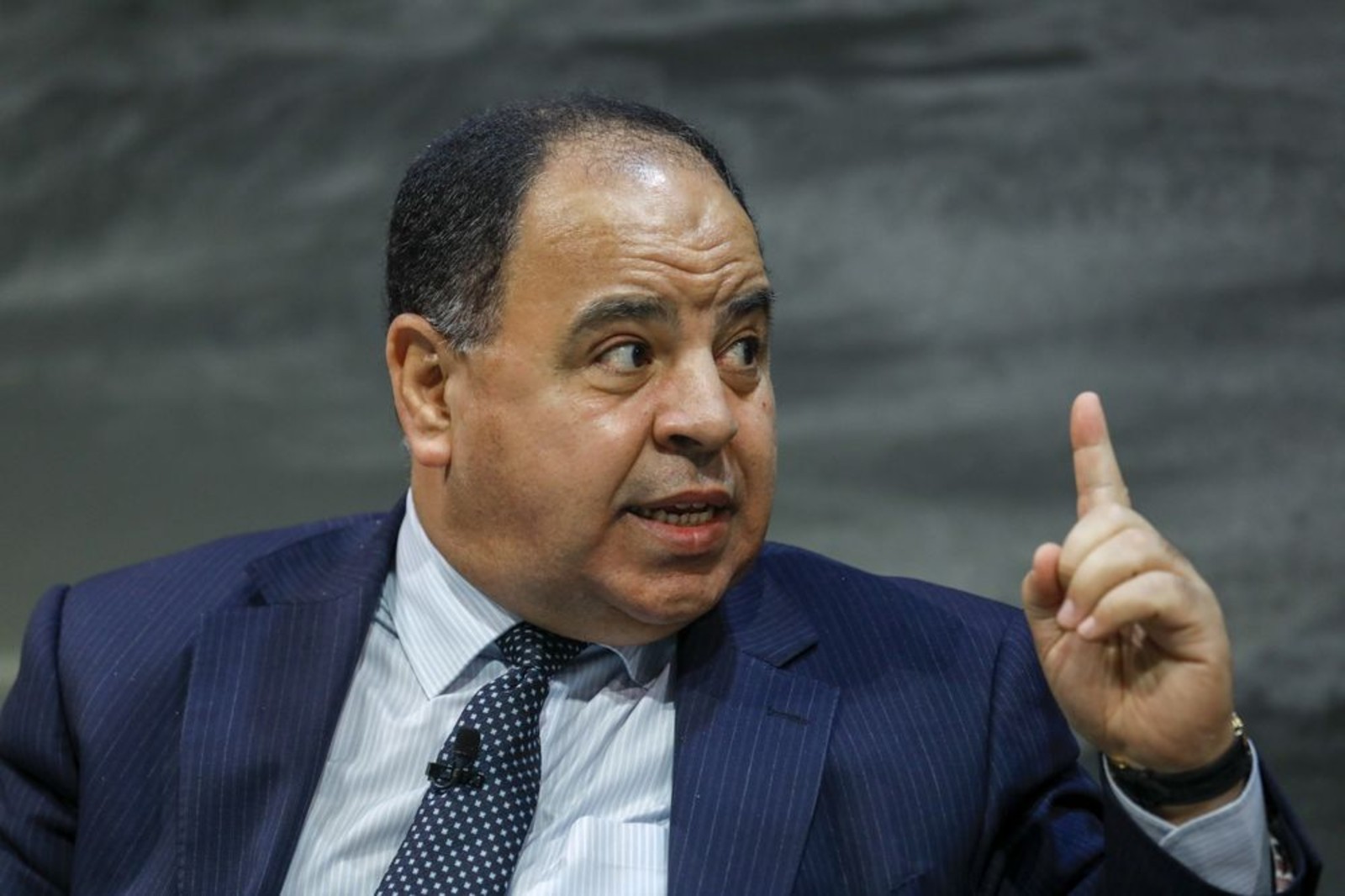Progress in IMF talks, but we still have disagreements, Maait says

Egypt is working to resolve differences with the IMF in talks for a fresh assistance program, Finance Minister Mohamed Maait said in a round of interviews yesterday. “Like any talks, there are two different perspectives, and we agreed on some points and disagreed on other points,” the minister told Al Arabiya TV (watch, runtime: 1:16).
Maait sounded a note of optimism: There is “very, very good progress and we are discussing the remaining points,” the minister told the broadcaster.
A message from the IMF: His statements come one day after the Fund’s executive board urged the government to take “decisive” steps on fiscal and structural reforms to reduce its exposure to external shocks. “Decisive progress on deeper structural reforms is needed to boost the economy’s competitiveness, improve governance, and strengthen its resilience against shocks,” it said Tuesday.
What’s the IMF really saying? While it surely has a laundry list, the lender’s statement this week is in line with its long standing view that we need more flexibility in the FX rate — that the EGP needs to be allowed to slide. More exchange-rate flexibility and an end to related import controls have been recurring themes of past IMF programs, and the Fund is likely to want Egypt to commit to floating the EGP for the long term. The board voiced its regret this week that Egypt had not allowed the FX rate to move more freely after the IMF provided funding in 2020 to help us get through the immediate fallout from covid-19. Since March, the central bank has allowed the currency to slide against the USD; it has eased more than 20% against the greenback over the past four months.
El Sisi wants an agreement in place, but is signaling that he wants to go slow on some reforms: At a press conference in Germany last month, President Abdel Fattah El Sisi called for European leaders to support Egypt’s bid for a fresh agreement with the Fund. “What we are asking for from our friends in Europe is to send a message to the IMF and World Bank that the reality in our country cannot tolerate the reforms until the end of the crisis,” the president said (watch, runtime: 22:07).
There’s agreement on the private sector: The IMF signposted this week its desire to see the Sisi administration reduce the state’s involvement in the economy and boost private sector development. It’s an idea that Maait said the two sides are aligned on: “There is an agreement that the private sector is given a bigger role in all sectors, allowing for sustainable growth,” the minister told CNBC Arabia (watch, runtime: 5:00).
The two sides have been engaged in talks since March but haven’t yet been able to come to an agreement. If given the greenlight, this will be Egypt’s third loan programme in six years after its USD 12 bn Extended Fund Facility in 2016 and the USD 5.2 bn stand-by arrangement in 2020. Egypt was forced to request fresh financing from the IMF earlier this year due to headwinds caused by the fallout from the Ukraine war and tightening global financial conditions. Egypt’s balance of payments has come under pressure from surging food and energy prices as well as a heavy sell-off from global emerging markets, while rising interest rates in the developed world are raising questions about the affordability of our large external debt load, which has more than doubled over the past five years. The central bank has had to dip into foreign reserves to cover a rising import bill and investor outflows. FX reserves had declined almost 20% since February to USD 33.4 bn as at the end of last month.